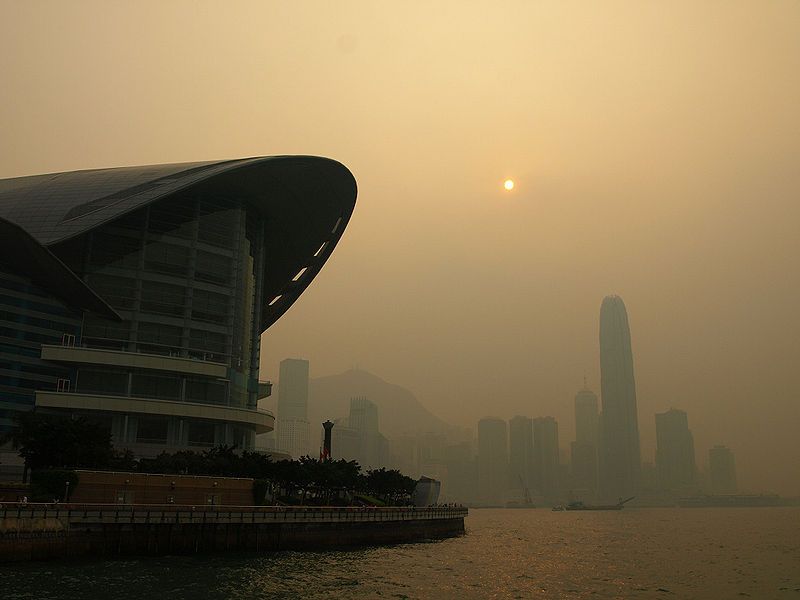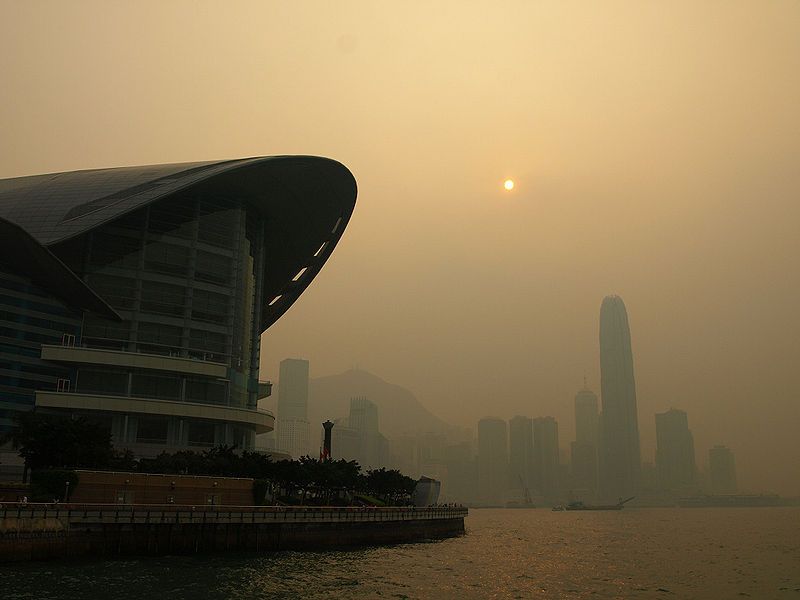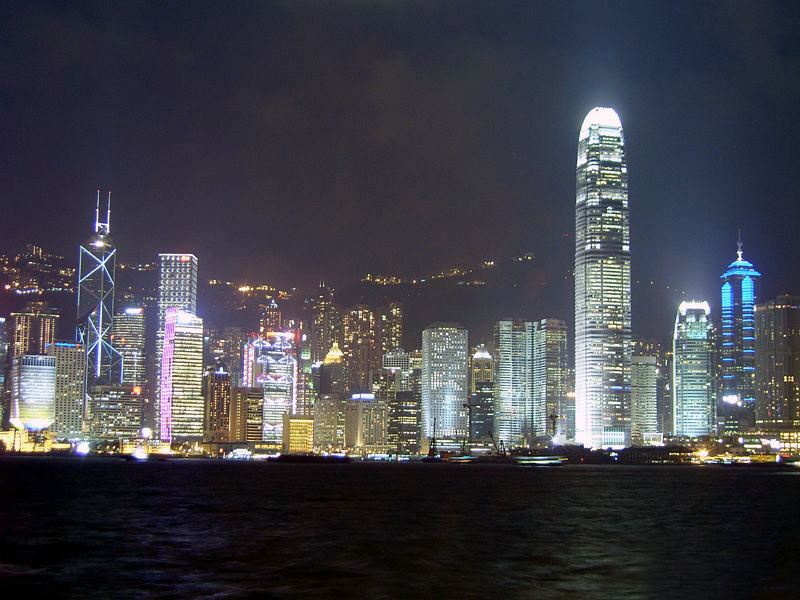Pollution levels in Hong Kong reach record high
Hong Kong’s future as a global business hub has been further questioned this week, after the news that Hong Kong suffered its worst ever air pollution levels in 2011.


Hong Kong’s future as a global business hub has been further questioned this week, after the news that Hong Kong suffered its worst ever air pollution levels in 2011.
According to a report obtained by the South China Morning Post, the deterioration of air quality in the country has led to a growing number of businesses and their staff relocating from Hong Kong’s financial centre to neighbouring Singapore citing health concerns.
Data taken from three monitoring stations in Hong Kong's Central, Causeway Bay and Mong Kok commercial districts showed that pollution levels were above the alarming 100 mark more than 20 percent of the time. In 2005, readings such as these were only reported 2 percent of the time. The data is  compiled by the city’s Environmental Protection Department who record the levels of major pollutants such as respirable suspended particles and nitrogen oxides at its roadside stations throughout the year. If a reading over 100 occurs, then at least one major pollutant has failed air quality objectives.
compiled by the city’s Environmental Protection Department who record the levels of major pollutants such as respirable suspended particles and nitrogen oxides at its roadside stations throughout the year. If a reading over 100 occurs, then at least one major pollutant has failed air quality objectives.
In further bad news for Hong Kong’s ambitions of becoming an epicentre for Asian business the station with the worse levels of pollution was located in the Central Business District, according to the report. The area is home to a number of Asian headquarters for world banks, including HSBC Holdings PLC and Goldman Sachs Group Inc.
The news has prompted environmentalists to campaign for greater restrictions on notorious polluters and the immediate implementation of new air quality objectives.
In response to the report the Hong Kong government is now said to be looking at a number of ways in which air quality can be improved, while new air quality objectives are also being discussed, according to the South China Morning Post. However, in an effort to undermine the findings from the report the government claims that the data may have been affected by adverse weather conditions, an increase in background pollution and a growing number of old vehicles on Hong Kong’s roads.
Image 01: Yym1997 | Wikimedia Commons
Image 02: Orel zion | Wikimedia Commons
